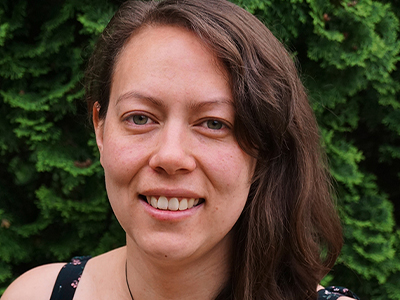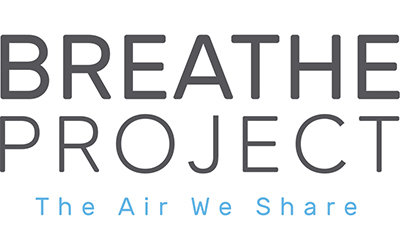Tūhononga: The Interconnection of Māori and Nature
Hanareia Ehau-Taumaunu, M.S. | Ph.D. Candidate, Department of Plant Pathology and Environmental Microbiology, Pennsylvania State University
Watch This Presentation:
In her presentation entitled, “Tūhononga: The Interconnection of Māori and Nature,” plant pathologist, New Zealand resident and Ph.D. candidate Hanareia Ehau-Taumaunu explained the traditional knowledges of the environment that shape her culture, knowledge that is being utilized to revitalize her community. These indigenous knowledges, which Ehau-Taumaunu argues are plentiful and valuable, have often been overlooked throughout history. “For many of us, we are getting into this field of resource management to make sure that we have a seat at the table that is making the decisions that have left us out for too many years.”
Ehau-Taumaunu went on to contextualize these knowledges. Whakapapa, she explained, is the essential way her people see the world. “Whakapapa is the genealogical link that we all have. And for Māori, whakapapa is our genealogical connections to our environment, whether it is an animate or inanimate object, and so we all descend as living things. For us, we are actually made of the earth.” And through whakapapa, people learn their Mātauranga Māori. “Mātauranga Māori is the body of traditional and contemporary knowledge about the world, both physical and spiritual, that is held by my people. It is the process by which information is observed, tested, interpreted and built on, and it is handed down through the generations.”
Unfortunately, colonization and climate change have caused much of these knowledges and verbal histories to be lost. “We can no longer potentially use the knowledge that has been passed down for many generations because of the differences in our environment.” But Ehau-Taumaunu suggests who we are really learning from, who we have always been learning from, is the earth. “Because we are part of our environment, how we care for our environment is very reciprocal in how the environment treats us. Without our environment, we would not be here.”
Now, Ehau-Taumaunu says, her community has taken the colonial system that has oppressed it and used it to gain control over their land. The Te Urewera Act of 2014 and the Te Awa Tupua Act of 2017 have both taken large strides to preserve their environment. For example, the Te Urewera Act has made the forest of Te Urewera into a legal entity, meaning it has been designated personhood. “You have to see it as you see me right now. And if you hurt me, then I can come after you. So now the forest has legal representation of itself. If anything happens to it, it can take you to court.”
For Ehau-Taumaunu, her culture’s tradition of mauri explains her deep connection with the natural world. “Mauri is the soul that is in everything that is on this earth. So I have a mauri, you have a mauri, the plants outside have a mauri, the rocks that are hidden within the plants have a mauri. This is kind of the essential life force that we all are part of, and because we all come from the same thing, then we all share mauri.” And if we all share mauri, it is our responsibility to our environment that we preserve the integrity of it and continue to fight for its protection. “We need to make sure the land remains regardless of whether we are here or not.”
Additional Resources:

About the Speaker
Hanareia Ehau-Taumaunu is an indigenous Māori plant pathologist from Aotearoa, New Zealand. She has been brought up in both Māori and Western worlds, learning from her elders and her people to guide her passion for mātauranga Māori (indigenous knowledge) and a curiosity for scientific discovery. As an indigenous scientist she highly values integrating her cultural values, identity and language in her career and research aspirations. She understands that both indigenous and western science approaches and perspectives have their strengths and can greatly complement one another. To be sustainable as a people in a world that is constantly changing, we must connect with the land, the water and the environment to give rise to opportunities for future generations. Hanareia is currently studying towards her Ph.D. in plant pathology with a focus on the dynamics of bacterial competition within the plant environment, specifically looking at bacteriocins which are thought of as potential biological control agents.




